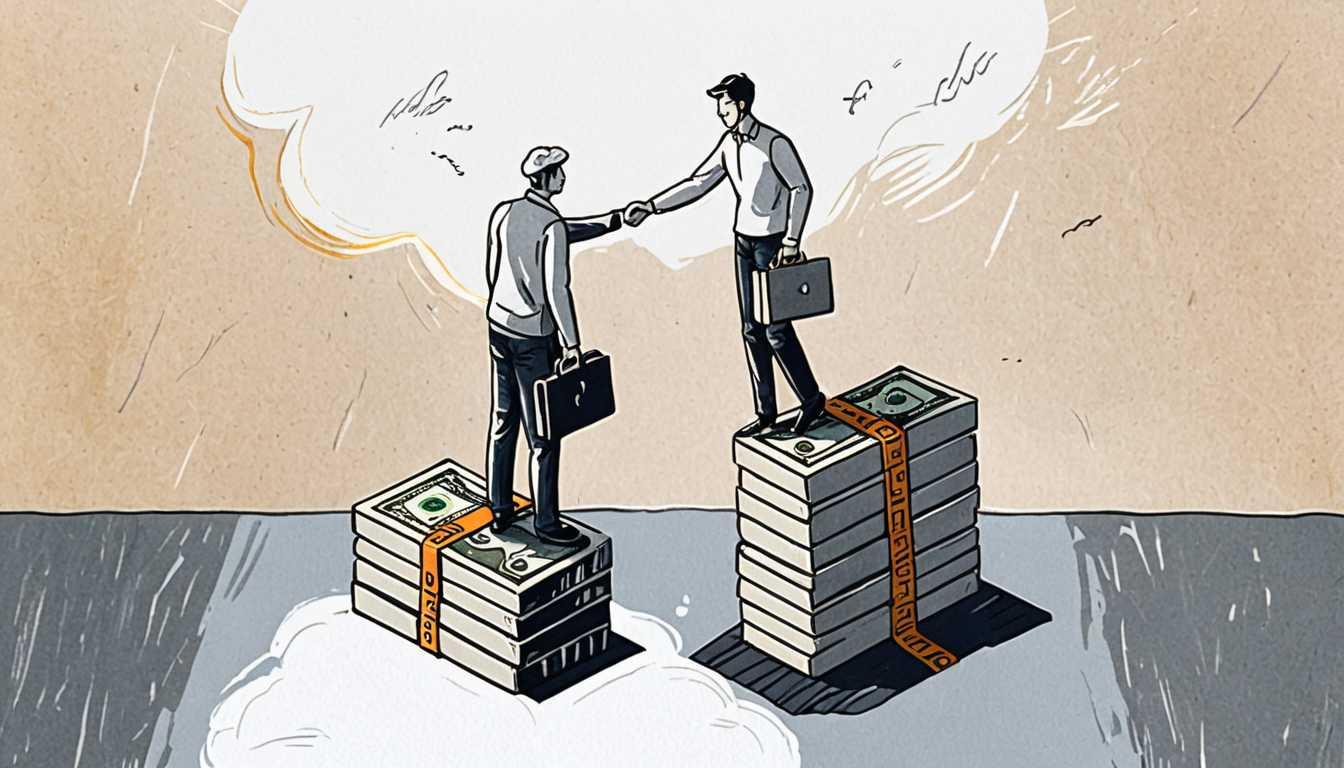The Loyalty Dilemma: Ethics in Friendships
October 2024
Cornell News Highlights
Introduction
Hey there, future ethics guru! Did you know that loyalty can mess with your moral compass? A recent study from Cornell SC Johnson College of Business dives into how loyalty to friends can lead us to support their connections, even if those connections are accused of some pretty shady stuff. Researchers Angus Hildreth and Zachariah Berry found that this loyalty effect is so strong, it can overlook serious evidence against the accused. Intrigued? Check out the full scoop in the article from Cornell News Highlights!
READ FULL ARTICLEWhy It Matters
Discover how this topic shapes your world and future
The Loyalty Labyrinth and Its Global Impact
Loyalty is more than just a feeling, it's a powerful force that shapes our decisions and actions in relationships and communities. Understanding how loyalty works can help you navigate your social circles and make better choices. Recent research from Cornell University reveals that loyalty doesn't just stick to direct friendships, it can extend to connections you may not even know. This means that if a friend of yours is accused of something wrong, you might feel pressured to defend them, even if you don't have all the facts. This finding has significant implications worldwide, especially in workplaces, schools, and communities where ethical dilemmas often arise. By recognizing the complexities of loyalty, you can become more aware of how it influences your choices and learn to stand up for what is right, even when it’s challenging.
Speak like a Scholar
Loyalty
A strong feeling of support or allegiance to someone or something, often leading to protective behaviors.
Ethical Dilemmas
Situations where a person must choose between conflicting moral principles, often involving difficult choices about right and wrong.
Social Networks
The web of relationships and connections among individuals or groups that influence behavior and decision-making.
Indirect Ties
Connections to people who are not directly known but are linked through mutual friends or acquaintances.
Allegation
A claim or assertion that someone has done something illegal or wrong, often without proof.
Social Proof
The psychological phenomenon where people assume the actions of others reflect the correct behavior in a given situation, influencing their own decisions.
Independent Research Ideas
The Role of Social Media in Loyalty Dynamics
Explore how friendships online can influence loyalty, especially in cases of public accusations. Understanding this can reveal the impact of virtual connections on real-world relationships.
Comparative Study of Loyalty Across Cultures
Investigate how different cultures perceive and prioritize loyalty in friendships and workplaces. This could uncover fascinating differences in ethical decision-making worldwide.
The Psychological Effects of Loyalty on Decision-Making
Delve into how loyalty impacts mental processes when faced with ethical dilemmas. This research could link psychology with business ethics, showcasing how emotions influence choices.
Loyalty and Whistleblowing Trends in Organizations
Analyze why employees might refuse to report unethical behavior in companies they are loyal to. This topic sheds light on the balance between personal commitments and ethical responsibilities.
Influence of Loyalty on Group Dynamics in Schools
Examine how loyalty among friends can affect group behavior in educational settings, particularly in scenarios involving bullying or academic dishonesty. This could reveal important insights into peer influence and community ethics.
Related Articles

Narcissism in the Boardroom: Shocking Insights!
May 2024
LSE Business Review

Strategy Secrets: Middle Managers Unveiled
July 2024
LSE Business Review

Navigating Leadership: Styles, Tips, and Kindness
October 2024
LSE Business Review

The New Tipping Etiquette: Unraveled
December 2023
Harvard University

Salary Secrets: Choosing the Right Partner
October 2024
Cornell News Highlights